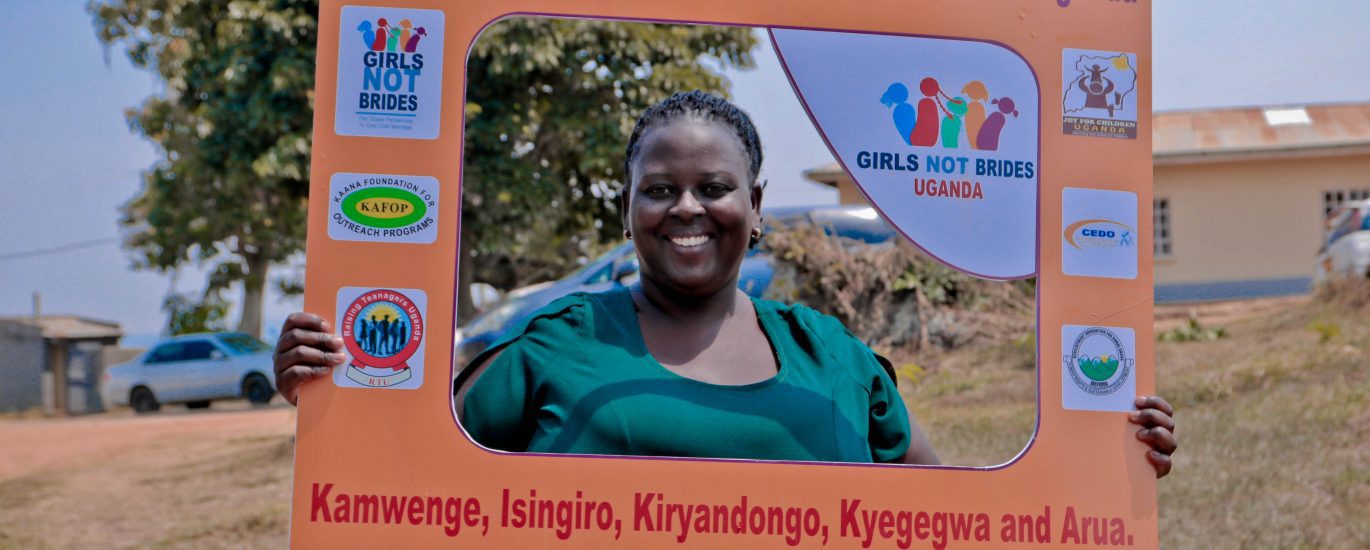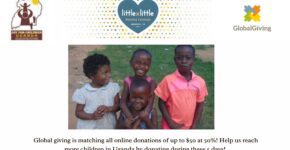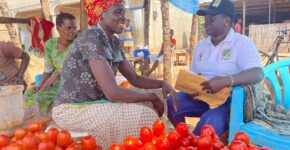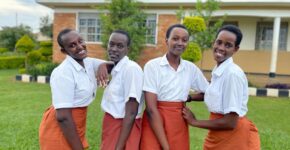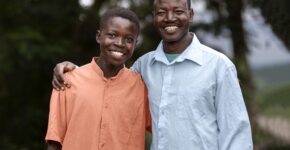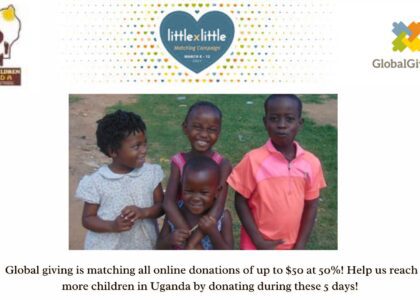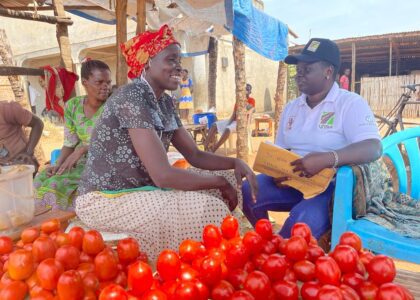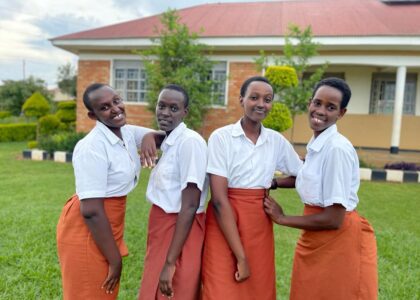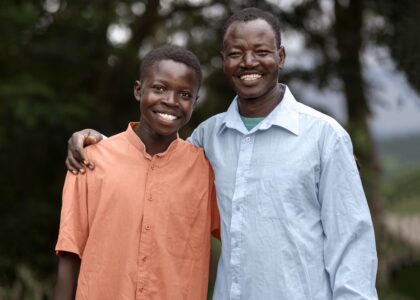Areas of Implementation: Kamwenge, Isingiro, Kiryandongo, Kyegegwa and Arua districts
In 2019, with concerted efforts to achieve Girls Not Bride’s vision of a world without child marriage, where girls are equal to boys and can achieve their full potential. A project proposal was developed, with funding support from People’s Post Code Lottery through Girls Not Brides, Girls Not Brides Uganda received a one-year grant to ‘Accelerate Progress towards Ending Child Marriage in Uganda’. The funds are meant to support five members of Girls Not Brides Uganda in refugee hosting communities of Kamwenge, Isingiro, Kiryandongo, Kyegegwa and Arua districts. Using the Accelerator Approach, the project aims to unlock the potential of a wide range of partners, encouraging them to increase efforts and collaboration to demonstrate that accelerated change at scale is possible. This project envisages that ending child marriage is possible at a scale that is currently unimaginable when: All relevant actors addressing child marriage in Uganda align with each other; and each actor individually intensifies and accelerates their efforts.
Accelerating Progress to End Child Marriage in Uganda (Accelerator Approach/) aims to unlock the potential of a wide range of partners, encouraging them to increase efforts and collaboration to demonstrate that accelerated change at scale is possible. This project will help us to begin testing our hypothesis that ending child marriage is possible at a scale that is currently unimaginable when:
- All relevant actors addressing child marriage in a given country align with each other;
- Each actor individually intensifies and accelerates their efforts.
This project focus on three pathways and seven outcomes to progress to address child marriage and support unmarried and married girls:
3 pathways to change:
- Implementing and financing important strategies, policies and services for girls and young women
- Shifting harmful gender norms
- Strengthening collective action to ensure that civil society, government and other partners work together to drive meaningful change in girls’ lives.
Project Outcomes
- Increased government commitment towards renewal and implementation of the National Strategy to End Child Marriage and Teenage Pregnancy and Sexuality Education Framework at both national and sub-national level
- Key national and international stakeholders working to end child marriage collaborate, share evidence, and increase commitments to end child marriage
- Key champions including traditional and religious leaders in Uganda are publicly supporting alternatives to child marriage, challenging traditional gender norms and playing a key role in shaping public opinion
- Girls Not Brides Uganda influences media narratives and runs campaigns to influence the public debate on child marriage
- Girls Not Brides maps evidence and documents effective and gender transformative interventions that are changing communities’ attitudes and behaviour towards child marriage
- Girls Not Brides Uganda is a stronger, more inclusive National Partnership, working with a diverse range of actors to address child marriage.
- Girls Not Brides Uganda has increased capacity to advocate for action on child marriage in humanitarian settings in Northern and Western Uganda
Project Scope
The one-year project comprises both National-level and sub-national level activities. There is a particular focus on building new engagement in Northern and Western Uganda. Some of the activities will take place within five ‘project districts’ including Kamwenge, Isingiro, Kyegegwa, Kiryandongo, and Arua district. All of these districts host refugees and have high child marriage rates. At District level: The project will focus on budget advocacy, engaging traditional and religious leaders, collecting evidence, media (radio talk shows), outreach to new members. At National level: Capacity building of GNBU and other CSO’s, working with government including parliamentarians, Religious leaders, engaging strategic partners, media and youth.

